Affirming the fundamental role of agriculture in economic stability
Speaking at the group discussion on the report on the results of the implementation of the socio-economic development plan for 2025, the 2021-2025 period and the expected socio-economic development plan for 2026, National Assembly Deputy Nguyen Thi Lan ( Hanoi ) assessed that the report reflected a positive overall picture of the country after 5 years of implementing the Resolution of the 13th National Party Congress. In particular, Vietnam has successfully controlled the Covid-19 pandemic, maintained macroeconomic stability and achieved an average GDP growth of about 6.5%/year, among the highest in the region.
"Of the 26 main targets of the period, 22 targets were achieved and exceeded the plan, in 2025 alone, all 15 socio-economic targets were completed; the fields of culture, education, health, social security, national defense, and foreign affairs all made remarkable progress, affirming Vietnam's enhanced international position and prestige. These results demonstrate the drastic and effective leadership of the Party, the National Assembly, and the Government, and the active participation of the entire political system and the entire people," emphasized National Assembly Deputy Nguyen Thi Lan.
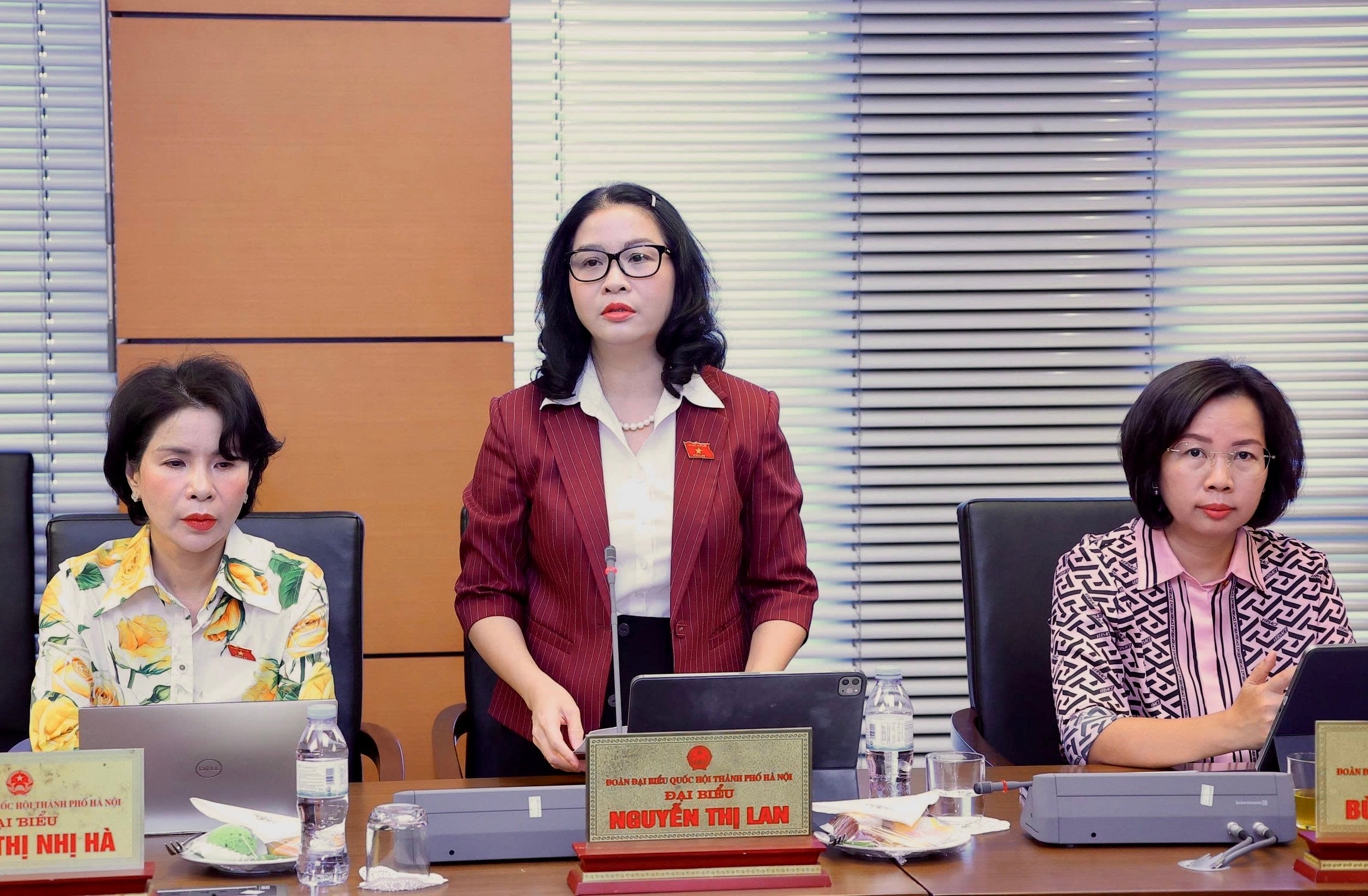
The delegate also said that the report also frankly pointed out the limitations that need to be focused on overcoming such as: The economic structure is still shifting slowly, labor productivity and innovation have not met new requirements; the exploitation of human resources, science - technology and culture has not really made a breakthrough; capital and real estate markets still have potential risks... National Assembly delegate Nguyen Thi Lan assessed that entering 2026 - the pivotal year of the new term and the beginning of the 5-year Plan 2026-2030, it can be affirmed that the Government's management orientation is strategic, comprehensive and breakthrough. Therefore, taking science - technology, innovation, digital transformation and green development as pillars for the coming period is the right policy, demonstrating a long-term vision and sustainable development thinking.
"I agree with and appreciate this spirit of transformation – an important step from post-pandemic recovery to innovative, self-reliant and deeply integrated development – opening up great opportunities for the fields of education, science and urban agriculture to promote their role in the new growth model," National Assembly Deputy Nguyen Thi Lan analyzed.
Notably, the Government's report paid great attention to the agricultural sector, especially in the development orientation of "green agriculture, low emissions, climate change adaptation" and promoted restructuring of the industry towards modernity and sustainability, associated with new rural construction and digital transformation. Regarding this content, National Assembly Deputy Nguyen Thi Lan assessed that this is an important step forward in affirming the fundamental role of agriculture in stabilizing the economy, ensuring food security and livelihoods for millions of rural people.
"Although the socio-economic report has not specifically mentioned urban agriculture, the spirit of green development, innovation and digital transformation that the Government has identified as the pillars for the 2026-2030 period is completely consistent with the urban agricultural development orientation of Hanoi - a field with great potential, of practical significance in the green growth strategy, circular economy and sustainable development of the Capital", National Assembly Deputy Nguyen Thi Lan stated.
Developing Hanoi's agriculture in an ecological and high value direction
To realize some of the above analyzed contents to be consistent with the socio-economic development orientation of the Capital, National Assembly Deputy Nguyen Thi Lan proposed some specific recommendations. First of all, the delegate said that it is necessary to plan and build an "Eco-agricultural belt - innovation" for Hanoi, connecting universities, Vietnam Academy of Agriculture, Hoa Lac high-tech park and suburban communes such as Gia Lam, Soc Son, Ba Vi...; because this will be a space for testing, demonstrating and spreading new agricultural technology, where universities, research institutes and businesses cooperate to transfer technology into practical production.
"This belt not only creates a closed value chain from research - testing - production - consumption, but also contributes to forming a "green buffer zone" for the capital, promoting urban agriculture, eco-tourism and Hanoi's agricultural product brand. When implemented, this will be a model that is both economic - ecological - scientific, and demonstrates the vision of green, smart and sustainable development of the capital in the new period," National Assembly Deputy Nguyen Thi Lan stated.

In addition, delegates also proposed that Hanoi pilot a sandbox mechanism for science and technology enterprises and agricultural spin-offs, meaning that the city would be allowed to set up a “controlled testing framework” so that universities, research institutes and enterprises could test new agricultural technologies in actual production. This is a much-needed mechanism, helping to quickly transfer research results from the laboratory to the field, such as biotechnology, precision irrigation, environmental sensors or circular farming. These trials will be closely monitored for safety, environment and efficiency, from which suitable models will be selected to be replicated throughout the capital.
"This mechanism is especially suitable for Hanoi - where agricultural land is decreasing but the demand for clean food is increasing rapidly. Sandbox will help quickly bring technology to the fields, test smart greenhouse models, circular agriculture, digital agricultural product trading floors, create high-tech jobs and promote green, modern, and creative urban agriculture - in line with the development orientation of the capital", the delegate analyzed.
In addition, National Assembly Deputy Nguyen Thi Lan also recommended that Hanoi promote the conversion of suburban agriculture to a green production model, associated with eco-tourism and experiential economy. This is a very necessary direction in the context that Hanoi is under strong pressure of urbanization, shrinking agricultural land, while still having to ensure its role as a center for supplying food and high-quality seedlings for the whole region, the demand for clean food, green space and experiential activities of the capital's people is increasing.
On the other hand, areas such as Ba Vi, Soc Son, Dong Anh and Gia Lam have the potential to become ecological agricultural destinations combining tourism and experiential education, both increasing farmers' income and promoting the Hanoi agricultural brand associated with Thang Long culture. Delegates believe that this is not only an economic solution, but also a way to preserve the landscape, culture and rural identity in the heart of a modern urban area, contributing to realizing the goal of a green, smart and humane capital. Hanoi needs a mechanism to protect agricultural land, clearly regulating the conversion of agricultural land purposes in areas specializing in rice and key crops. At the same time, Hanoi needs to build a gene bank of the capital's crops and livestock to preserve the capital's endemic gene source of precious seedlings, and needs an ecological agricultural buffer zone, combining the conservation of land, water resources and biodiversity.
National Assembly Deputy Nguyen Thi Lan said that the three above recommendations on the ecological and innovative agricultural belt, the sandbox for agricultural spin-offs, and the conversion of green, ecological, and experiential suburban agriculture are all completely consistent with the spirit of Resolution 57-NQ/TW and the green development and innovation strategy that the Government has identified.
However, the current legal mechanisms for implementation are still inadequate. Specifically, regarding the existing corridor, the Law on Science and Technology (amended) has recognized the spin-off business model and the mechanism of capital contribution using intellectual property; Article 25 of the Capital Law 2024 and the council resolution have established a specific legal space for the experimental sandbox model in the Capital - an important basis for implementing innovation. Therefore, to achieve the goal of "ecological agricultural belt - innovation" and transforming suburban agriculture in a green direction, the experience we propose still needs to continue to expand specific criteria and incentives, such as land incentives, or financial mechanisms, land for green agriculture and eco-tourism, Hanoi agricultural product brands and specific regulations for urban agriculture...
"Therefore, it is recommended that the National Assembly and the Government consider including these pilot models in the list of specific mechanisms of the Capital Law, and at the same time issue inter-ministerial guidelines to materialize the sandbox mechanism and provide financial support for green agriculture, in order to create a clear and feasible legal corridor so that Hanoi can become the country's center for agricultural innovation," National Assembly Deputy Nguyen Thi Lan proposed.
Source: https://daibieunhandan.vn/xay-dung-mo-hinh-moi-phat-trien-nong-nghiep-do-thi-xanh-thong-minh-ben-vung-cho-thu-do-10391166.html








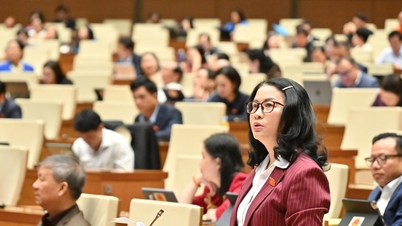
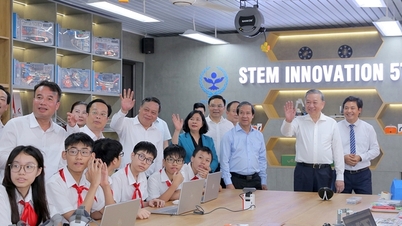

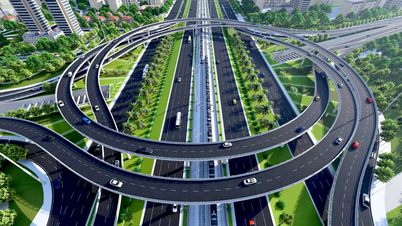

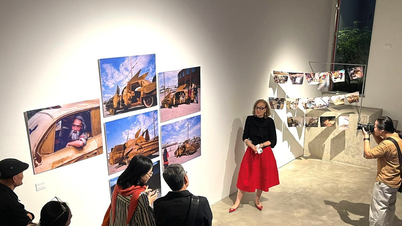

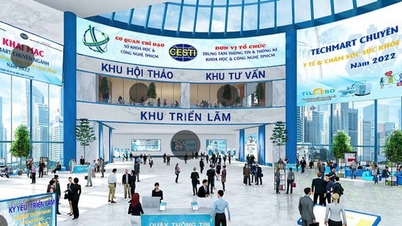

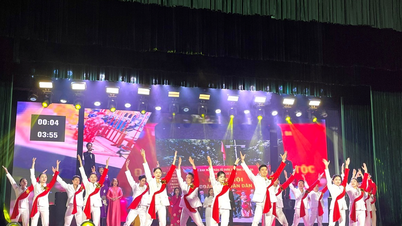
![[Photo] General Secretary offers incense to commemorate heroic martyrs of Military Region 9](https://vphoto.vietnam.vn/thumb/402x226/vietnam/resource/IMAGE/2025/12/08/1765164201238_vna-potal-tong-bi-thu-to-lam-dang-hoa-dang-huong-tai-tuong-dai-chien-thang-nha-bia-tuong-niem-cac-anh-hung-liet-si-va-nha-tuong-niem-chu-tich-ho-chi-m-8456459-jpg.webp)






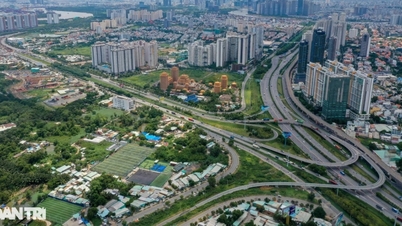





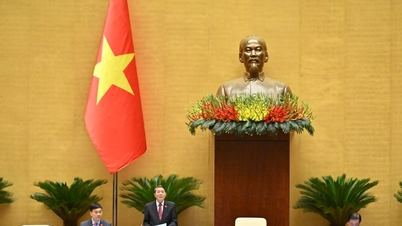


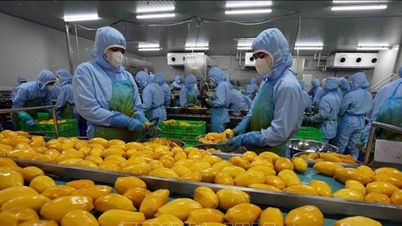
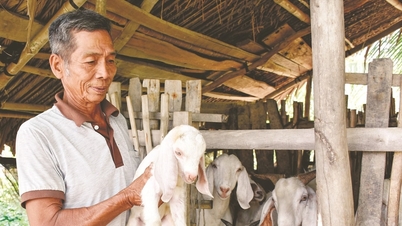
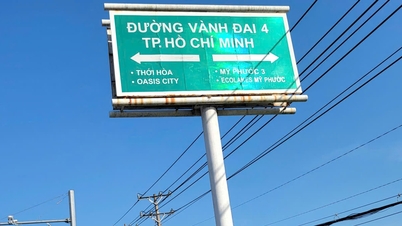



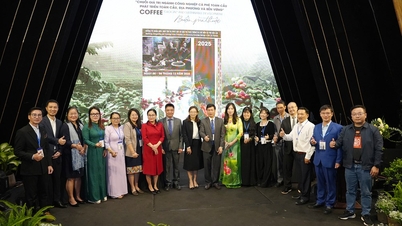
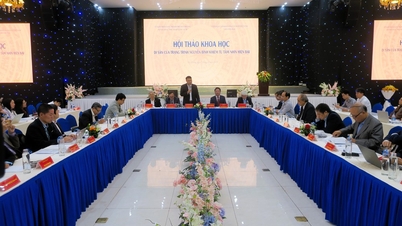
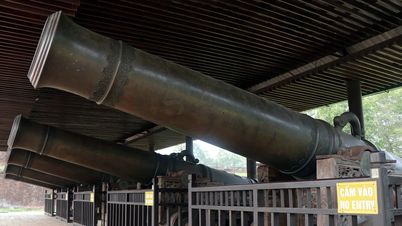

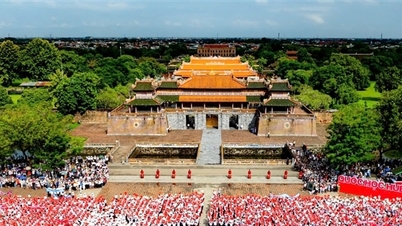

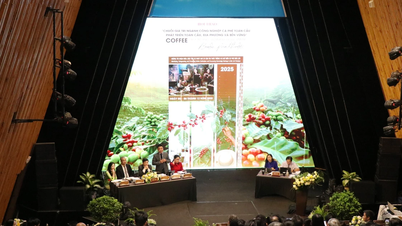
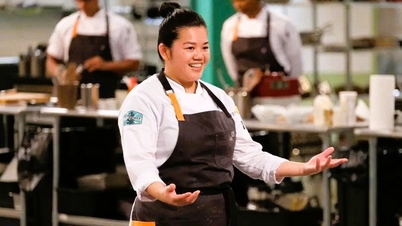



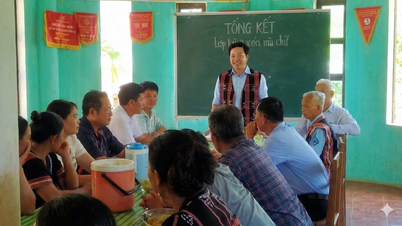




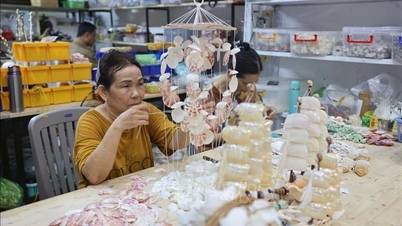




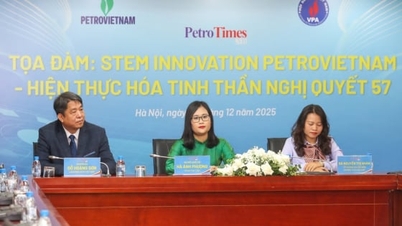


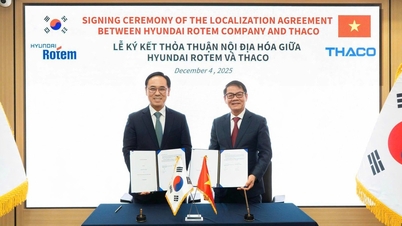









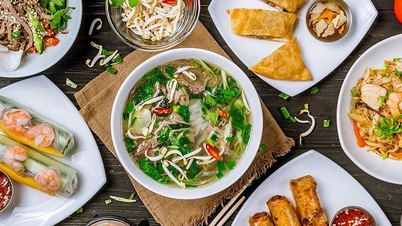


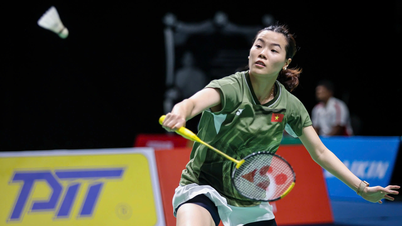










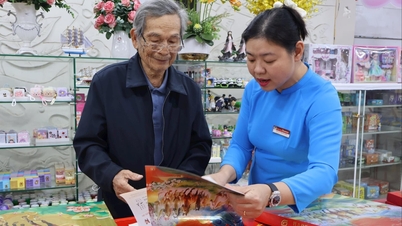

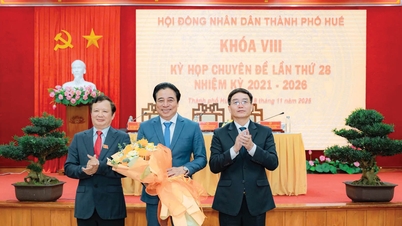





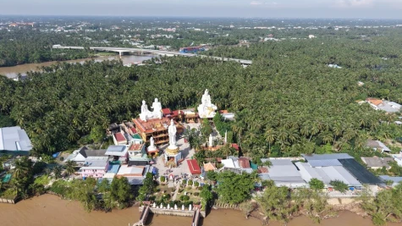

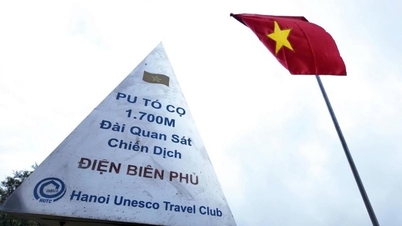


















Comment (0)